What to do in the garden this October: Sow climbing beans, plant sunflowers, sow summer seeds
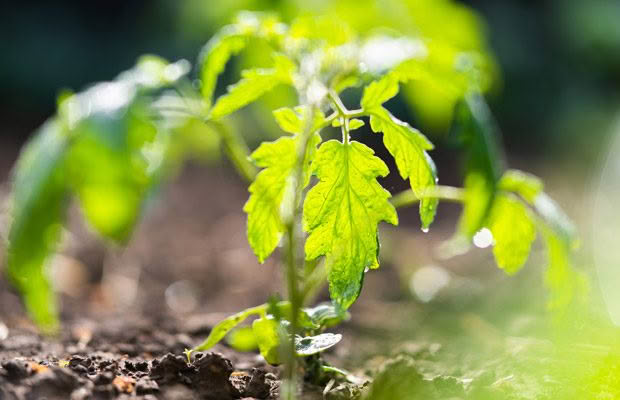
A productive summer garden is at your fingertips via a whole lot of prepping, sowing and planting.
1. Sow dwarf or climbing beans from late October and into November. Sow in trays for planting out later in colder regions; sow directly into soil in warmer areas. Beans take 50-70 days from sowing to harvesting.
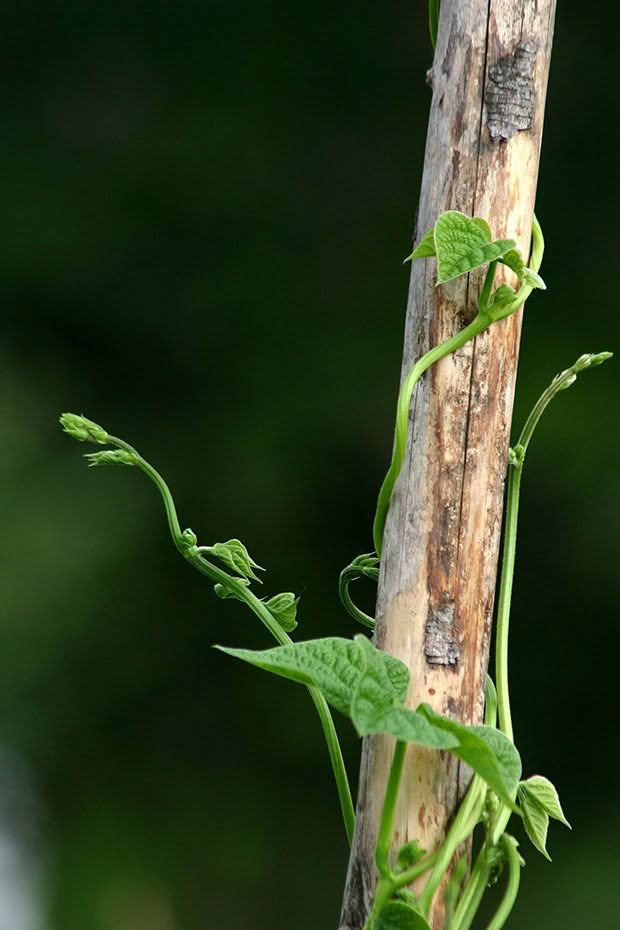
2. Sow seeds of beetroot, carrots, radishes, and silverbeet directly in the ground. Plant all the hardier, long-growing vegetables: main crop potatoes, carrots, beetroot, onions, lettuce, peas, salad greens.
3. Sow pak choi (also known as bok choy) in heavily composted soil in a sunny position. Keep plants well-watered to prevent early bolting and bitter flavour. Cover with insect-proof netting to protect plants from whitefly.
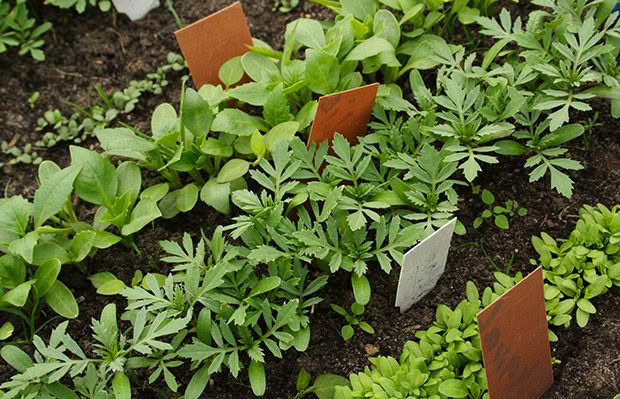
4. Sow seeds of capsicums, courgettes, cucumbers, eggplants, and tomatoes in trays for planting out later.
5. Lift, divide and replant crowns of rhubarb. Lift entire plants from the ground. Use a sharp spade to chop off a large chunk of the crown, ensuring at least one healthy-looking, fat bud is attached. Replant.
6. Sow another crop of broccoli now and you’ll still have enough growing time to beat white butterfly and diamondback moths.
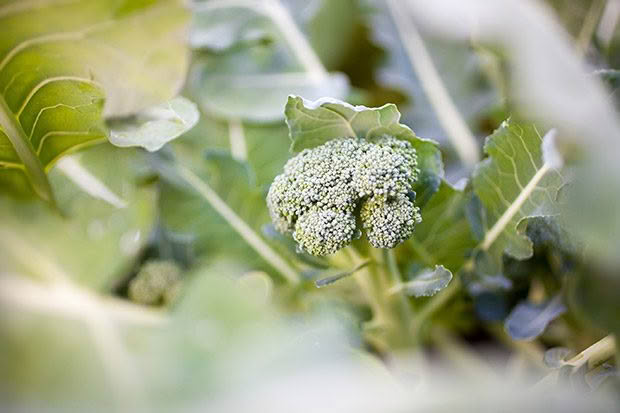
7. Plant out sunflowers this month. They prefer fertile, loamy soil but aren’t too fussy so long as there’s plenty of fertility and moisture. Plant them in circles and then tie the stems together as they grow If you don’t have a wall or fence to support them. Bonus tip: young leaves of sunflowers taste good in salads.
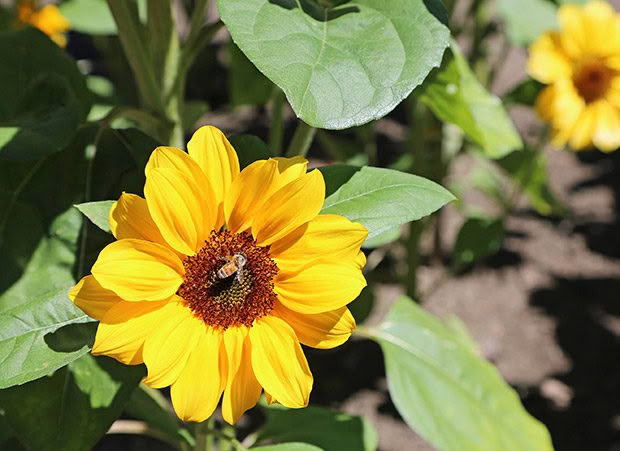
8. Plant herbs: parsley (Italian, curly), sage, rosemary, thyme, rocket, marjoram, dill, and chives.
9. Tips for a great cucumber crop:
• Avoid planting where cucurbits (cucumbers, zucchini, pumpkins, melons) grew the previous year to avoid disease.
• If you grow cucumber plants upwards (rather than along the ground), you can get 2-3 times more fruit and reduce the risk of disease from soil and insects.
• Water and feed well during the growing season. A regular watering regime is often the difference between an OK crop and an amazing one.
• Prune lateral shoots – the first 4-6 – near the base as plants grow, which helps to increase the yield.

